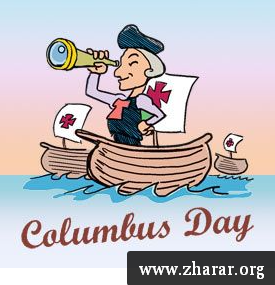Essays ✍️

Columbus Day: A Time to Reflect on History
Every October, people in the United States observe Columbus Day, a holiday that marks the arrival of Christopher Columbus to the Americas in 1492. This day has been celebrated for more than a century, and for many it represents bravery, discovery, and the spirit of exploration. However, in recent years, the meaning of this holiday has become a subject of debate.
Christopher Columbus was an Italian explorer who sailed with support from Spain, hoping to find a new route to Asia. Instead, he landed on islands in the Caribbean, beginning a period of contact between Europe and the Americas that would change the world forever. His journey led to the exchange of plants, animals, goods, and ideas across continents — a transformation now known as the Columbian Exchange.
For a long time, Columbus was admired as a hero. Cities and schools celebrated his courage and vision. Yet, historians have since revealed another side of the story. Columbus’s arrival also marked the beginning of colonization, slavery, and the suffering of Indigenous peoples who had lived in the Americas for thousands of years. Because of this, many states and communities now choose to celebrate Indigenous Peoples’ Day, honoring the native cultures that existed long before Columbus’s voyage.
Today, Columbus Day is no longer just a celebration — it is also a time for reflection. It reminds us that history is complex and that every story has more than one side. While we can appreciate Columbus’s spirit of discovery, we must also acknowledge the consequences of his journey. By doing so, we learn to respect truth, embrace diversity, and understand our shared human past.
Share on social networks:
Facebook | VK | WhatsApp | Telegram | Twitter
